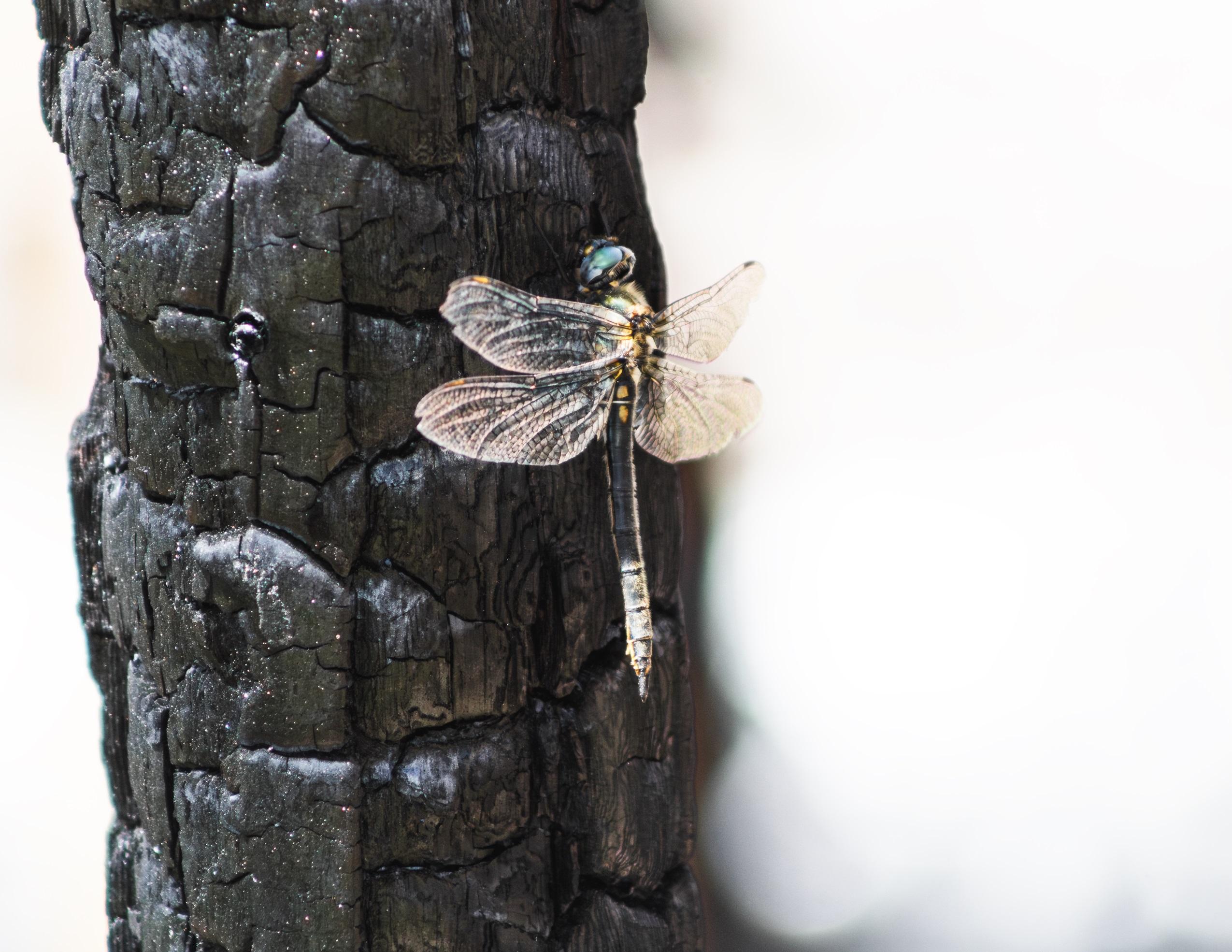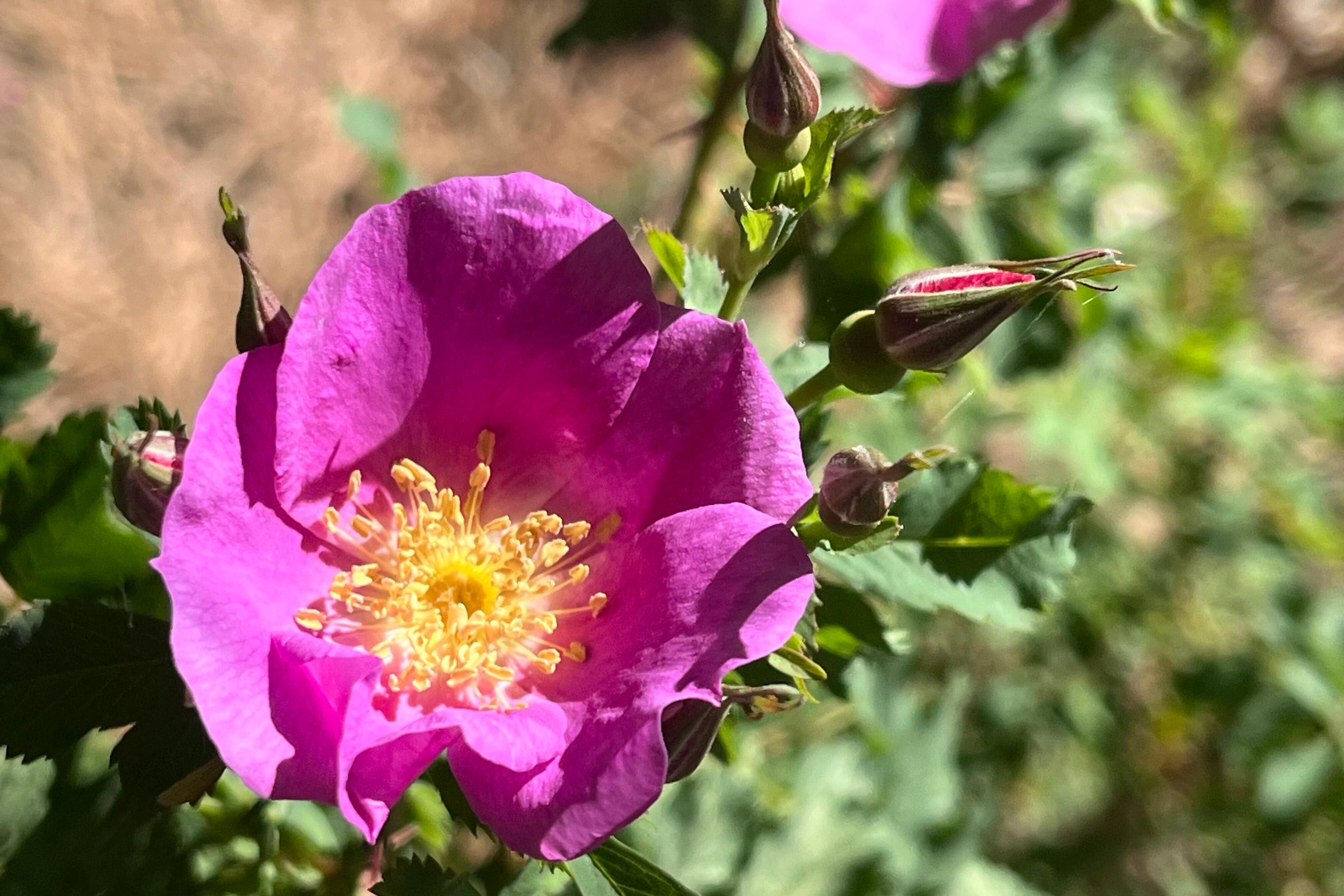
From one of the darkest chapters in U.S. history, brilliant pink flowers have unfurled.
Clippings from a rose bush discovered at Amache, the Japanese American prison camp on Colorado’s southeastern plains, were transported to Denver Botanic Gardens in 2021. They have been propagated ever since, and were eventually planted in the steppe collection.
Over the weekend, the roses bloomed.
“We are thrilled that after two years of growing under the care of our horticulturists, the plants have produced their first flowers!” said spokesperson Erin Bird.
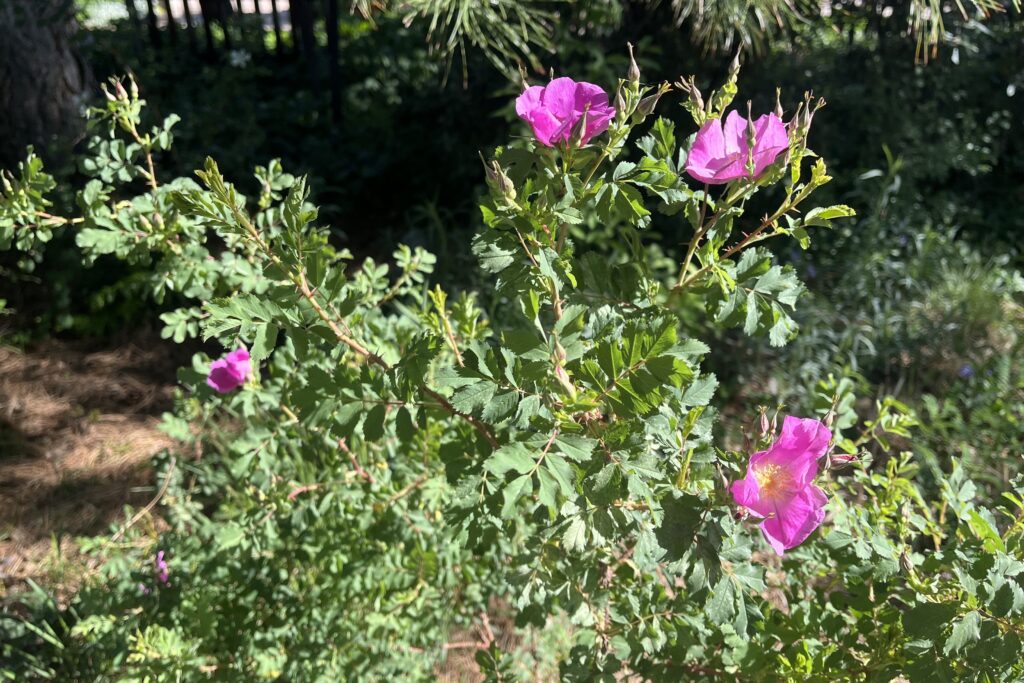
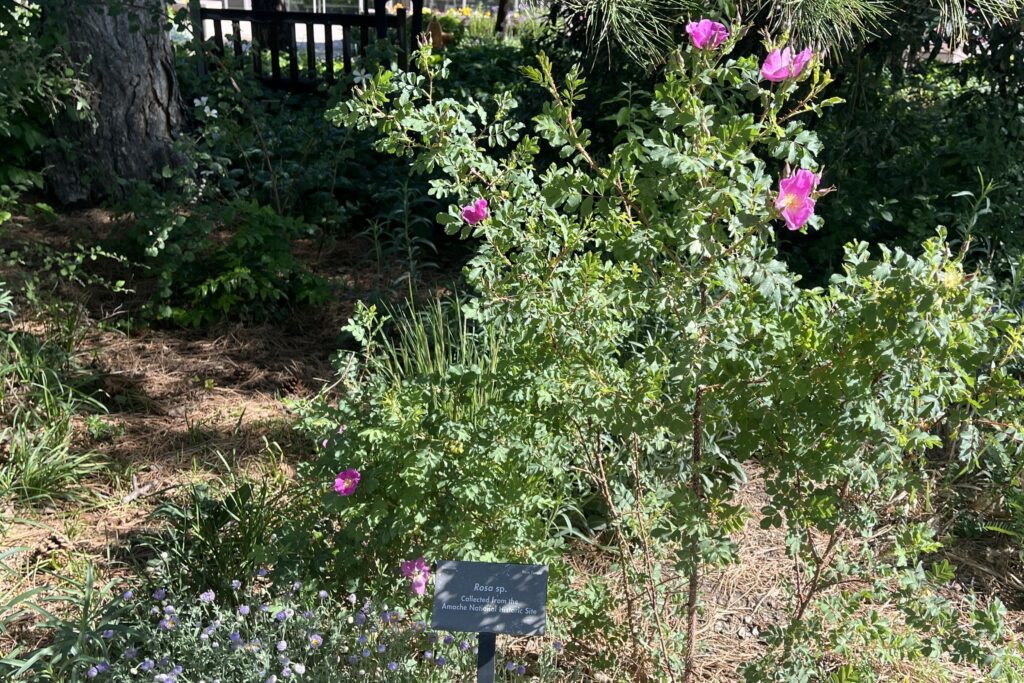
She could not say precisely when the color show emerged — sometime after 4 p.m. on Friday, May 17.
“The delicate pink roses are bittersweet, serving as a metaphor for the resilience of nature and humankind and also a sad reminder of this very dark part of Colorado’s history,” Bird added.
The timing of the bloom is profound
Camp Amache — formally the Granada Relocation Center — was dedicated as a national historic site during a ceremony Friday.
What's more, May is Asian American, Native Hawaiian, and Pacific Islander Heritage Month.
Between 1942 and 1945, more than 10,000 people of Japanese ancestry were imprisoned at Amache, according to The Interior Department.
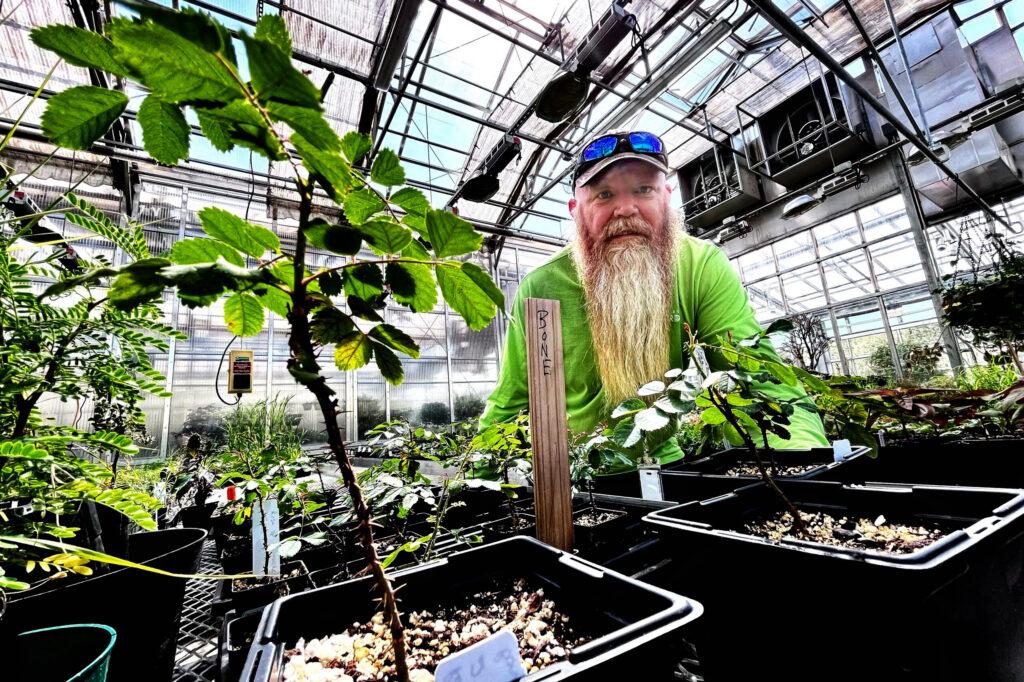
Prisoners, mostly from the West Coast, brought a wealth of farming and gardening expertise with them. The roses, archaeologists believe, are a legacy of that horticultural tradition.
The original bush was discovered near a threshold at Amache in 2012. It bloomed there, for the first time in decades, in 2022.
Denver Botanic Gardens has distributed clippings to Amache descendants around the country. The first documentary from DBG’s new film production arm showcased the project.

